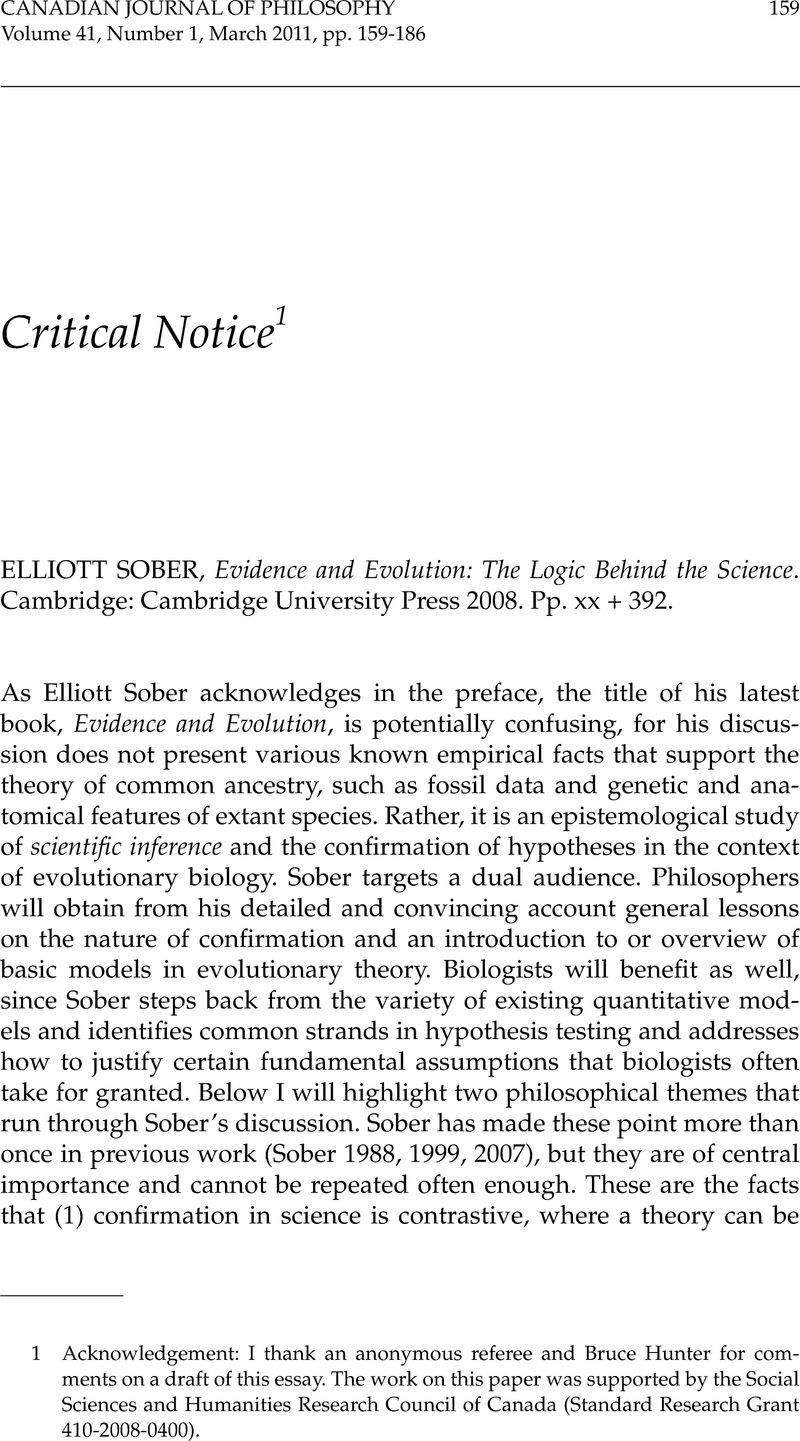Crossref Citations
This article has been cited by the following publications. This list is generated based on data provided by Crossref.
Brigandt, Ingo
2013.
The Philosophy of Biology.
Vol. 1,
Issue. ,
p.
205.
Brigandt, Ingo
2013.
Explanation in Biology: Reduction, Pluralism, and Explanatory Aims.
Science & Education,
Vol. 22,
Issue. 1,
p.
69.


